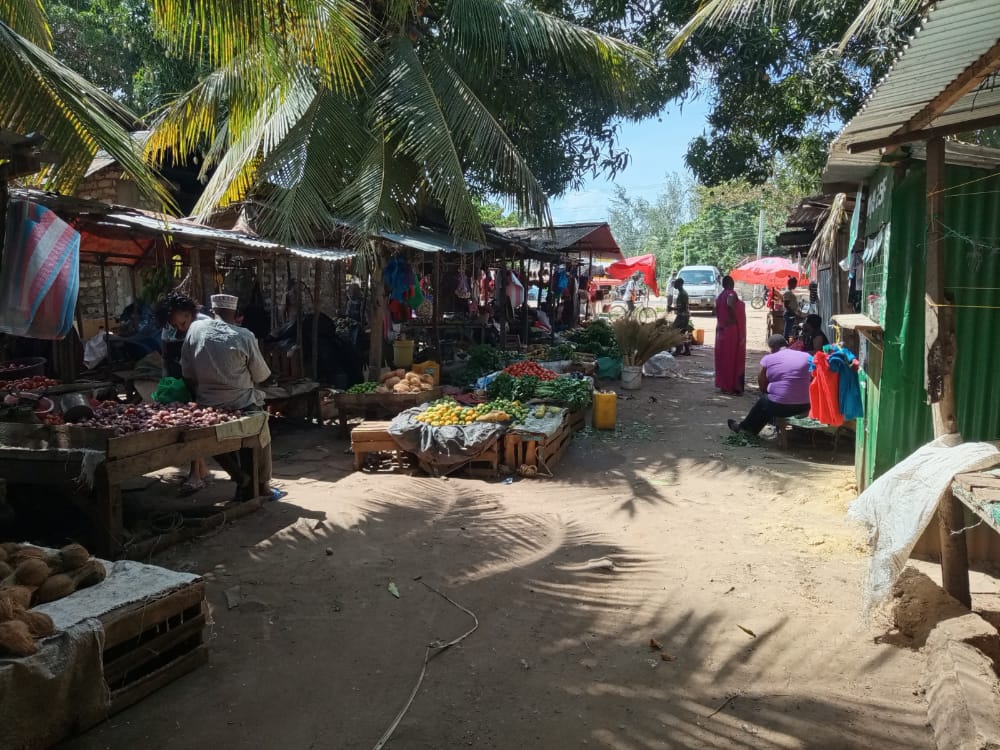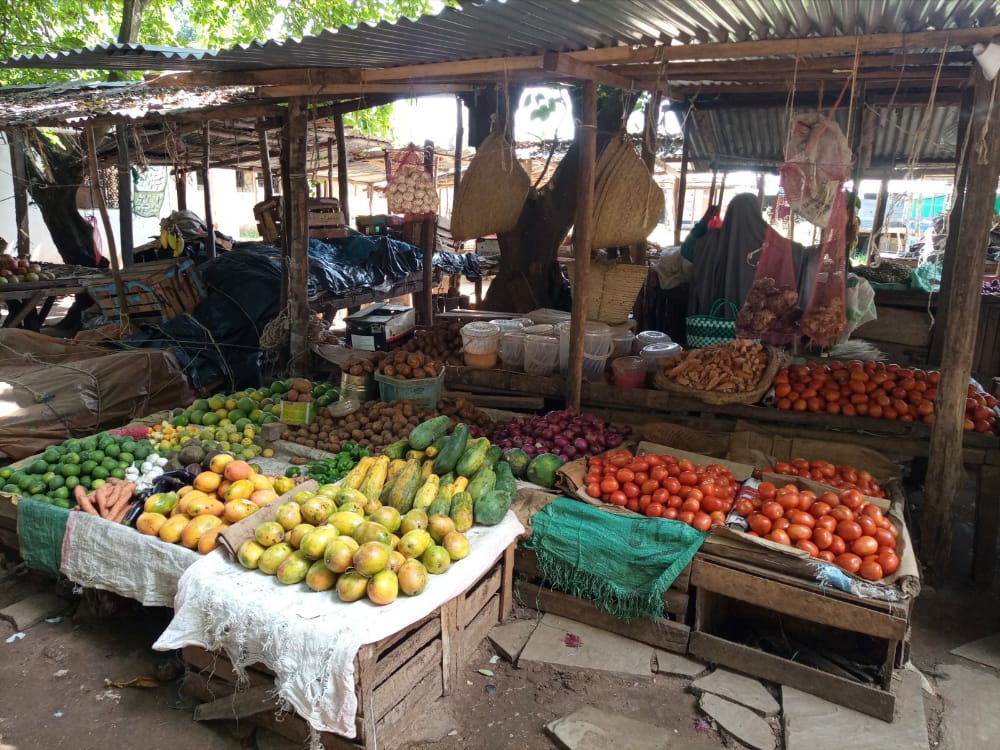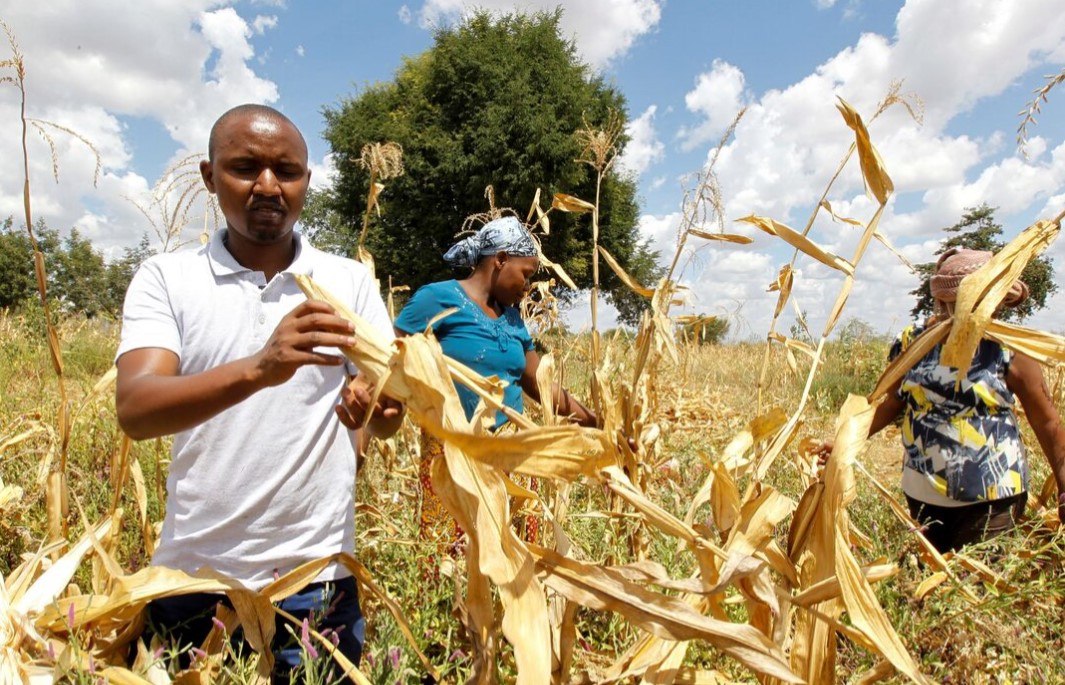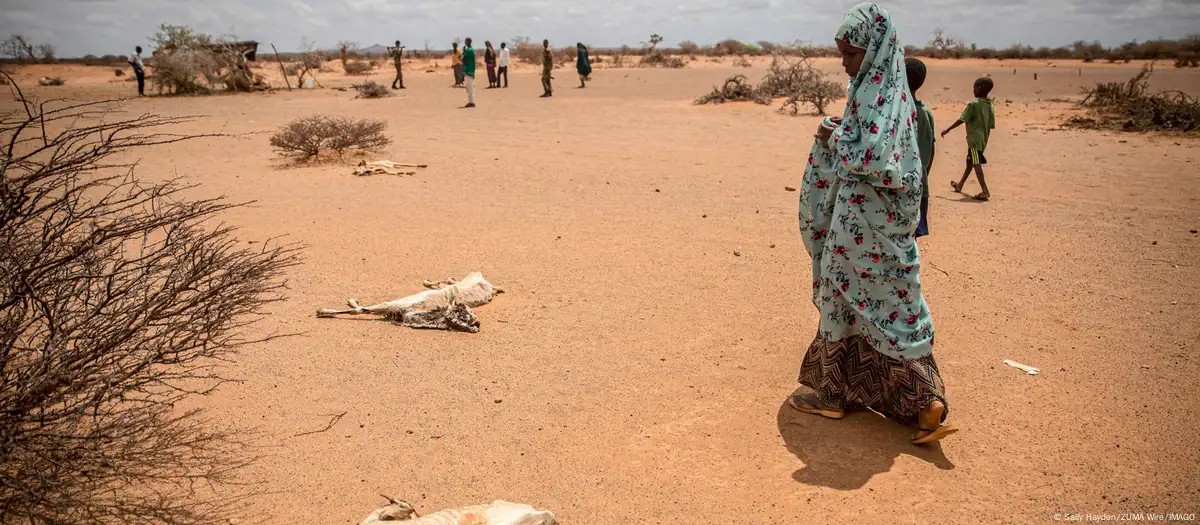Food insecurity grips Kwale residents as prices of essential commodities soar

Currently, the residents purchase a tomato at Sh20 from the previous Sh 5 while one cabbage goes for Sh110 up from Sh40.
Kwale residents have decried the high prices of groceries in the region as the locals continue to grapple with the high cost of living.
The locals who spoke to The Eastleigh Voice on Monday said the prices have tripled since last month. Currently, the residents purchase a tomato at Sh20 from the previous Sh5, while one cabbage goes for Sh110 up from Sh40.
More To Read
- DR Congo hunger crisis worsening amid fighting and lack of aid funding
- 2.1 million face hunger in Kenya’s ASALs as climate pressures mount
- Food inflation remains high despite overall stability - KNBS
- How doctors offering free healthcare services are bringing hope to mothers in Somalia’s Mudug region
- Cheaper manufacturing signals hope for lower retail prices
- Why are over 670 million people going hungry?
Mebakari Rajabu, a resident, said the prices have been skyrocketing since the beginning of the year.
"I used to buy a tomato at Sh5, and now I am buying the same for Sh20, even though the size is still the same," she said.
A bunch of amaranthuses (mchicha) was Sh20, but currently, the locals are buying them at Sh60.
"The prices have been going up since the year began. The economy is bad; we are struggling to feed our children," she said.
Other food items that have increased include sukuma wiki, which now goes for Sh50 from Sh25, four potatoes for Sh60 from Sh30, and a kilo of onions for Sh200 from Sh100.
Mwanahamisi Jabu who owns an eatery at Darad in Diani, said the high prices have negatively affected her business.
"I used to sell a cup of beans at Sh15 but I am forced to hike the price to remain afloat. But then, if I hike the price, I will lose my customers who are low-income earners," she said.
 Traders displaying their goods at the Diani Market in Mvindeni, Kwale County. (Photo: Mishi Gongo)
Traders displaying their goods at the Diani Market in Mvindeni, Kwale County. (Photo: Mishi Gongo)
MPs blamed
The locals also blamed some of their Members of Parliament who last week approved the Finance Bill, 2024. President William Ruto later ordered the bill to be withdrawn after nationwide protests.
"We are afraid that the situation will worsen once the Finance Bill is passed. Most houses now can not afford a meal," she said.
Mwinyi Shadau said he is currently forced to eat weeds because he cannot afford the groceries.
"I have five children and a wife. One tomato is not enough to prepare a meal for my family so we are forced to eat weeds growing around our house," he said.
Mariamu Barua said she no longer uses onions and tomatoes to make stew because of how expensive they are.
"I have land but my harvest was destroyed by the heavy rains now I have to buy everything from the market which is costly," she said.
Alice Kalonzo a french fry vendor, called on the government to lower the prices of food commodities rather than imposing heavy taxes on locals.
"I used to buy a bucket of potatoes for Sh300. Now the same goes for Sh700, so I wonder how much I will sell a packet of chips for me to get a profit," she posed.
Mwanauba Ali said the high prices have mostly affected vendors in food businesses, with many of them forced to close shops.
"We do not know how to sell the food, we cannot just tell our customers that a plate of rice is now at Sh150 up from Sh70 that they are used to," she said.
Top Stories Today











































